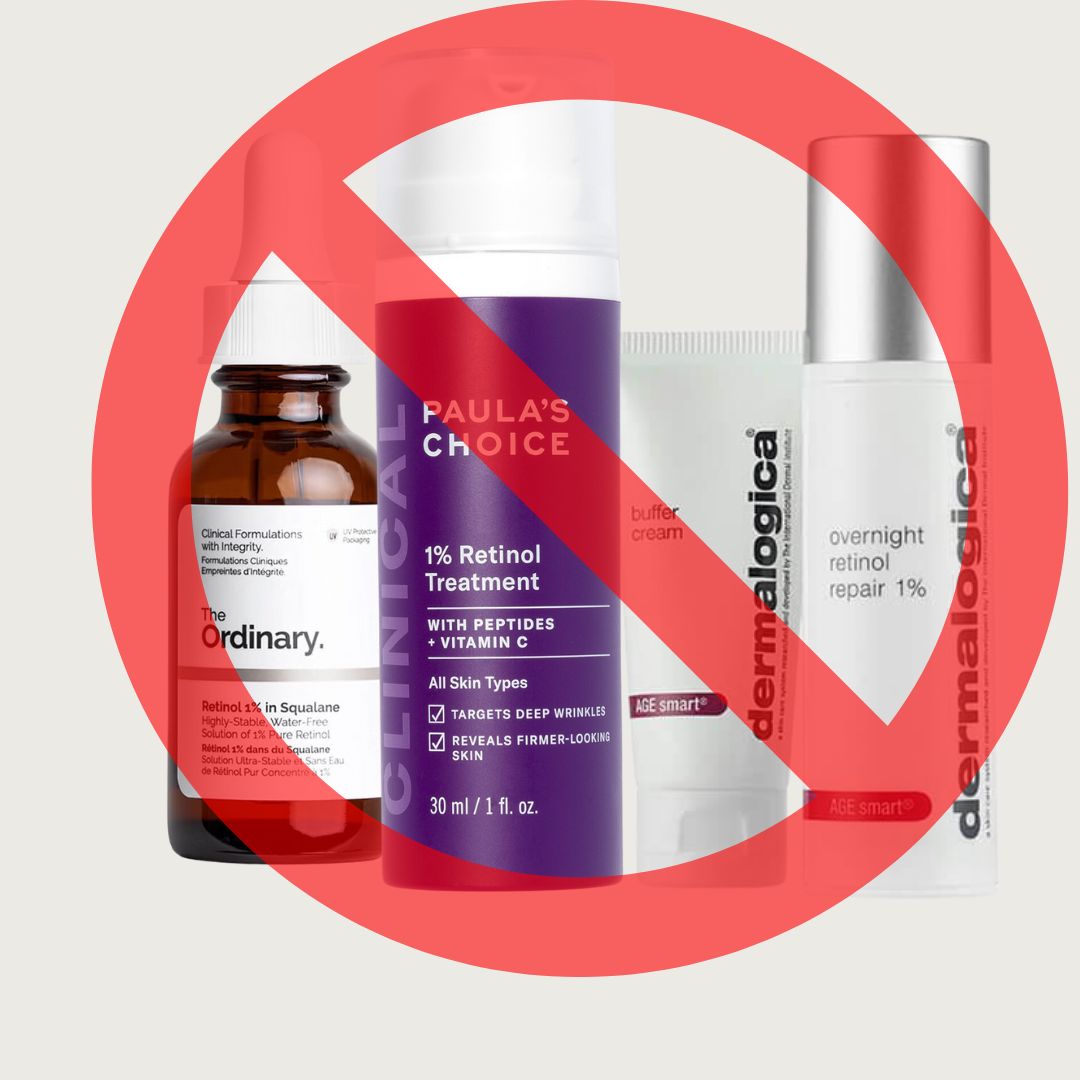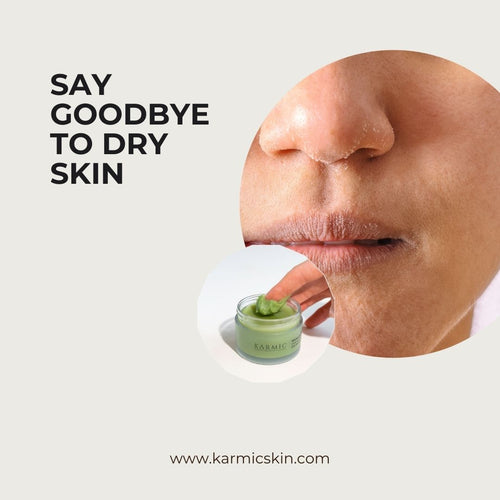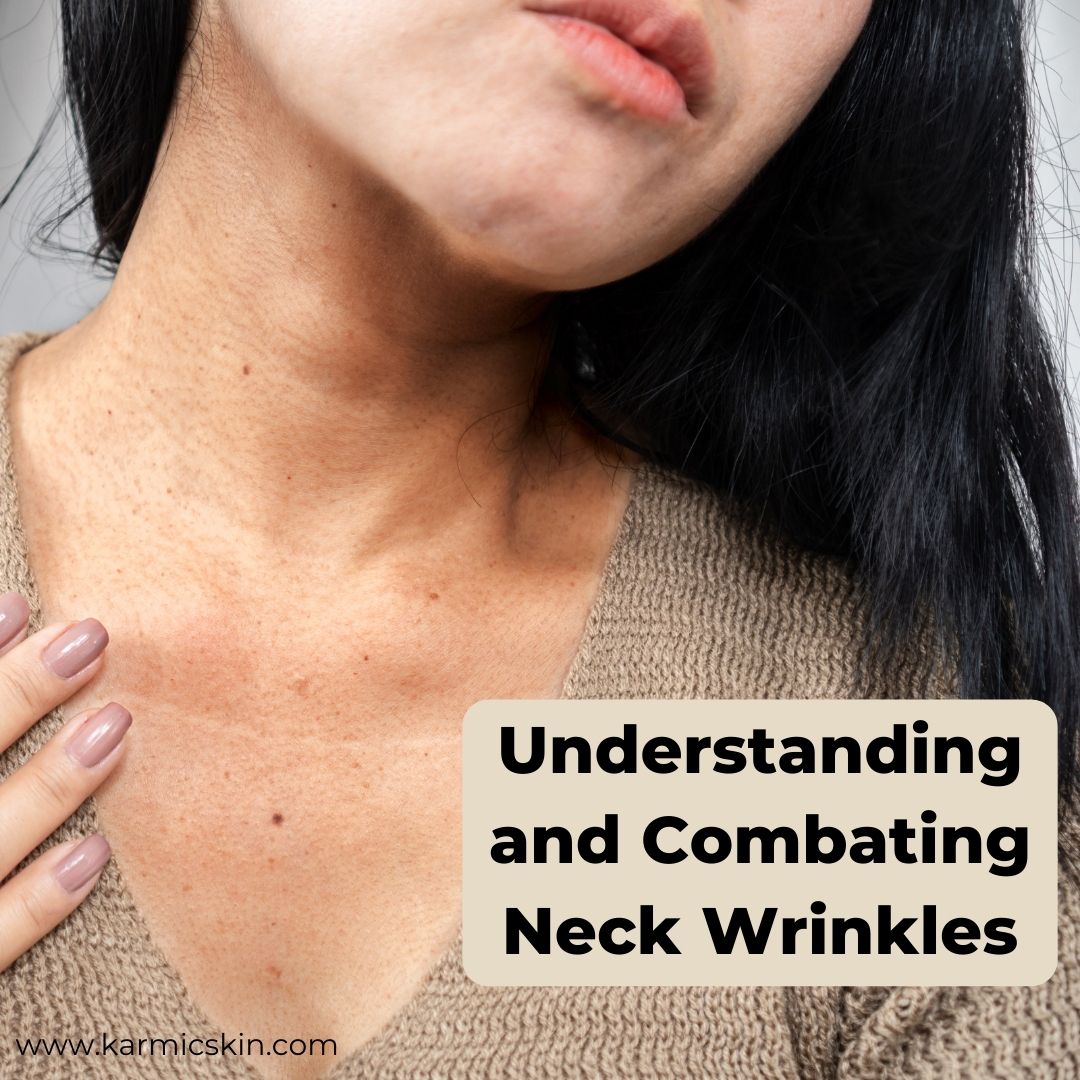Understanding the EU Retinol Ban
Retinol, a popular anti-aging ingredient known for its effectiveness in reducing wrinkles and improving skin texture, has recently come under scrutiny in the European Union. The EU has stringent regulations on cosmetic ingredients to ensure consumer safety, leading to discussions about restricting or banning retinol in skincare products due to potential side effects like irritation and increased skin sensitivity. The big question now is "Will Retinol be banned in the EU?", and the short answer to that is...no. But this comes with some caveats. The EU is actually imposing a limit on how much pure retinol a product can contain. Face and hand products will be limited to a 0.3% concentration of pure retinol, while body lotions can only contain a maximum of 0.05% of pure retinol.

Chemical structure of Retinol
The Impact of the Ban
The potential ban on retinol could significantly affect the skincare industry, prompting companies to seek alternative ingredients that provide similar benefits without the associated risks. One such promising alternative is bakuchiol, a plant-based compound that mimics the effects of retinol but is gentler on the skin.

Bakuchiol: The Natural Alternative
Bakuchiol offers similar benefits to retinol, such as promoting collagen production, improving skin elasticity, and reducing fine lines and wrinkles. It provides these benefits without causing irritation or sensitivity, making it a preferred choice for those with sensitive skin or looking for a gentler option.
A good bakuchiol serum is an excellent choice for those seeking the benefits of retinol without the associated risks. Bakuchiol stimulates skin cell turnover, smooths fine lines and wrinkles, and improves skin tone and texture, ensuring your skin remains smooth and youthful without irritation.
Conclusion
While the potential EU retinol ban may pose challenges, it also opens the door for innovative skincare solutions like bakuchiol. Consumers can achieve similar anti-aging benefits with less risk, ensuring their skincare routines remain effective and safe.




